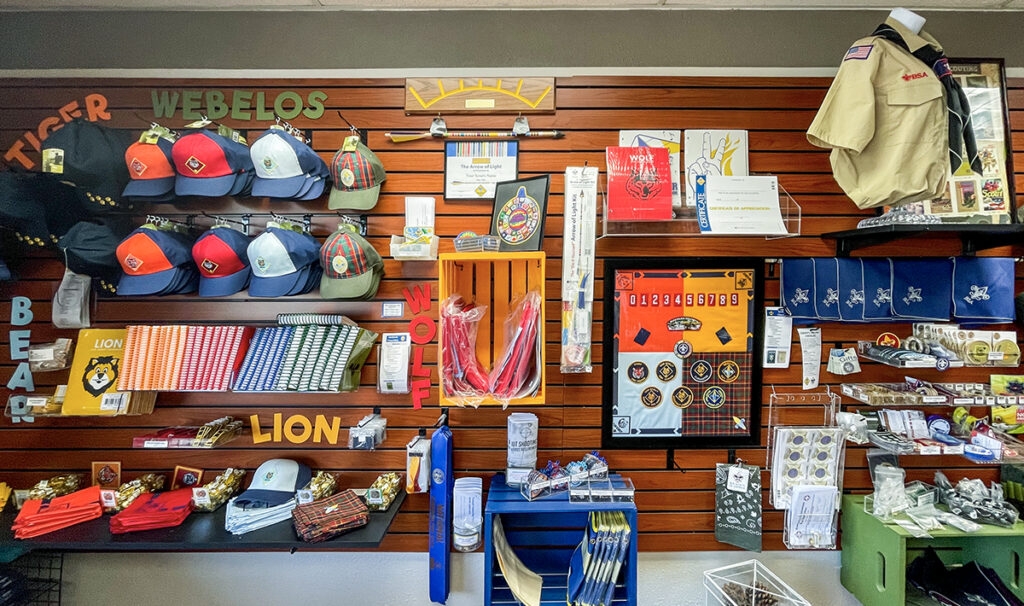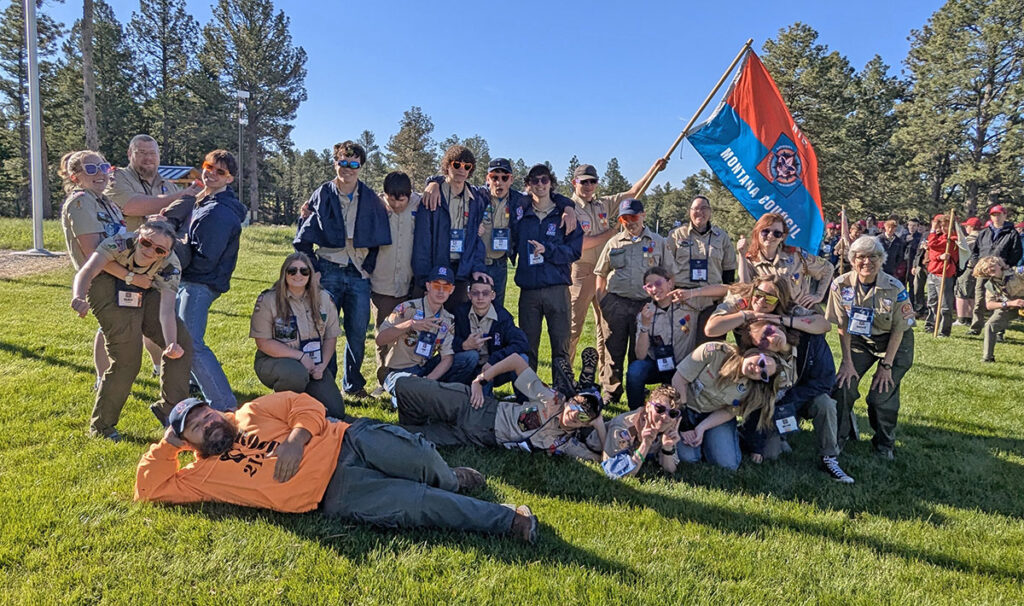
It’s that time of year – Rechartering season! Along with collecting dues and ensuring our rosters are accurate and up-to-date, this is a great time to review the annual Journey to Excellence (JTE) metrics for your unit. JTE tools can be found here: https://www.scouting.org/awards/journey-to-excellence/
Some Scouters reading this will think, “that’s just a form we fill out. It’s not actually useful.” I encourage you to hear me out on how I think it can be advantageous as an improvement tool that we can use for real growth and results.
JTE is divided into four categories: Planning and Budget, Membership, Program, and Adult Volunteer Leadership. Each of these categories has actionable items that units can focus on to improve in the future.
Below are some suggested discussion points for your committee and your youth leadership:
Unit Committee Discussion:
- Planning and Budget – Does our committee develop an annual budget based on last year’s income and expenses with consideration for this year’s program plans and expenses? Do we provide a framework of a calendar for our youth leaders to build upon? Did we take into consideration conflicting dates and important events, such as school calendars, holidays, district and council events, and summer camp?
- Membership – Is our unit growing or shrinking? Why? Are we retaining most of our scouts year to year? If not, why? Do we plan for the recruitment of new members? How do we let families know about joining Scouting?
- Program – What percentage of our Scouts advanced in rank this year? Do we go camping seven or more weekends a year? How many meetings, activities and campouts did we cancel this year? Why did we cancel? Is our attendance at activities, meetings and campouts high? If not, why?
- Volunteer Leadership – Do we meet as a committee on a monthly basis? Do our adult volunteers enjoy each other and enjoy spending time together? How often and how do we communicate with families? Are our SMs and ASMs position-trained?
Youth Leadership/PLC Discussion:
- Planning and Budget – Do we create an annual program plan of campouts, meetings, and events? Do we regularly check in on our calendar and plans to ensure we’re prepared for what’s coming next, such as holding a regular PLC (Patrol Leaders Council) meeting? Do we plan our meetings ahead of time to avoid last-minute rushing?
- Membership – What makes scouts participate in our unit? Why do scouts stop participating? How do we treat our younger scouts? Do our older scouts know every first-year scout’s name? Do the younger scouts know the older scouts’ names?
- Program – What are our least-popular meetings and events? Do most scouts attend most meetings, activities, and campouts? If not, why? What are the best parts of a troop meeting and campout? At meetings, do we mostly sit around while one person talks or are we active and doing something?
- Volunteer Leadership – Are scouts allowed to lead the troop or do adults lead? Who plans the meetings – scouts or adults? Who cooks on campouts – scouts or adults?
Setting time aside to really think about your unit’s health and reflect upon the “why” behind the reality is essential. Choosing a few things to improve will make a world of difference!
Include others in deciding where to focus your improvement energy. Identify and verbalize, “we’re going to work on (topic) by (action steps).” These steps help to keep the goal in focus and remind others of it, as well.
As always, I’m happy to assist you along the trail of Scouting. I’d welcome a courageous unit that would be open to inviting me to lead either your committee, PLC or both in having this sort of discussion. If that’s you, please feel free to reach out!
Happy Scouting!
Terry Dutton
Director of Support Services/COO




